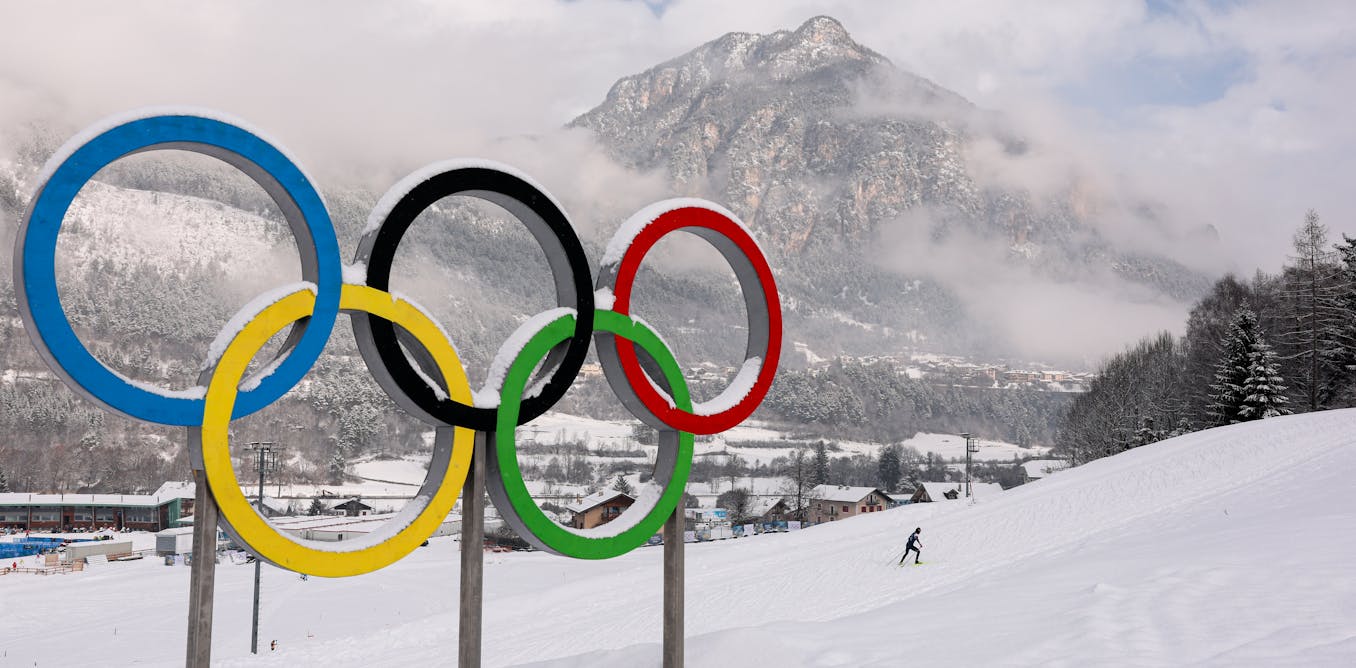As Talks Fail, Israel-Iran Violence May Spur Nuclear Breakout: An Analysis
In a landscape marked by escalating tensions, the potential for a nuclear breakout in the Middle East grows ever more perilous. Recent efforts to revive the Iran nuclear deal have stalled, overshadowed by a swift increase in military confrontations and aggressive posturing between Israel and Iran. This precarious situation calls into question the efficacy of diplomacy, as regional violence becomes a dominant theme, overshadowing the hopes for a negotiated resolution.
Alan Eyre, a former core member of the U.S. nuclear negotiating team and current diplomatic fellow at the Middle East Institute, provides valuable insight into the complex dynamics unfolding in the region. In a recent interview with Al Jazeera, Eyre expressed deep concern over the escalating violence, stating that the circumstances are “very perilous, very troubling.”
Israel, exercising what Eyre describes as "escalation dominance," has taken assertive military action against Iranian nuclear, military, and energy sites. The Israeli government appears determined to dismantle Iran’s nuclear infrastructure—a goal Eyre argues is unrealistic given Iran’s significant scientific and technical capabilities. This disconnect raises the question: is Israel seeking a broader U.S. involvement in its military campaign, possibly with an ulterior motive aimed at encouraging regime change in Tehran?
On the other side, Iran finds itself in a constrained position. Eyre notes that the nation’s military and diplomatic options have been severely limited, compelling it to engage in retaliatory actions primarily to maintain domestic credibility. Although Iran’s capabilities allow for certain responses, the likelihood of inflicting substantial damage on Israel remains low. Meanwhile, Israel remains resolute, seemingly indifferent to international opinion regarding its actions.
Eyre posits that Iran’s most pragmatic path forward—amid continued strikes and pressure—may be to endure the military aggression, regroup, and ultimately pivot towards a more aggressive stance on nuclear armament. He raises the alarming possibility that Iran could withdraw from the Non-Proliferation Treaty (NPT), thereby depriving the international community of visibility into its nuclear ambitions.
The regional implications of this volatile standoff are profound. As Israel’s military operations target Iranian infrastructure with increasing frequency and precision, the likelihood of an Iranian shift towards acquiring nuclear weapons poses a significant threat not only to the belligerents but to global stability as well. The current trajectory suggests that without a concerted diplomatic effort and meaningful engagement, the prospects for peace will continue to diminish, resulting in further escalation and possible nuclear proliferation.
As the situation develops, the world watches closely, understanding that the decisions made now could have far-reaching consequences on the future of nuclear armament in the Middle East. The interplay of violence, diplomacy, and national survival continues to shape a region caught in a precarious balance, where every action could lead to irrevocable change.
Watch the video by Al Jazeera English
Video “As talks fail, Israel-Iran violence may spur nuclear breakout: Analysis” was uploaded on 06/15/2025 to Youtube Channel Al Jazeera English








































Seems the guest doesn't count Pakistan and China and Russia as you know, much for allies.
trump’s plans this.
Its worth noting that Western media is not blaming israel for invading sovereign country without any provocation or danger! op this and that, they are very happy!
INVITE US PARTICIPATION?! Jesus Christ this guy is nuts
Trump is try to finish Israel in his presidency period 😂😂😂😂😂 trying to ground level the Israel territory 😂😂😂😂😂😂
Isreal and US don’t have responsible leaders. It’s shameful in this so called civilized world people aRe still using weapons and displaying who has the best or what have u? I was so disappointed at US to have allowed this nonsense war. If Israel has the right to own or have Nuclear weapons then Iran should be giving the same right too. They are all independent countries. If Israel could go mad and attack Iran just like that then they are not worth allowing to keep or own nuclear weapons as they may use it anytime even against the US. They are creating unnecessary fear and war all over the world.
Oh NOW iran wants to talk.
Liars all
Russia will involve if USA directly involves?
All wars should be stopped.
Trump and Netanyhan have escalated conflicts while lying about ceasefires.
If Netanyhan is no longer in zionists territory then try Switzerland where the zionists terrorist group started in 1897 or Poland with new President Karol.
Russia started war in Ukraine by driving tanks into Ukraine on special exercise. If had withdrawn within first few weeks many lives would have been saved. Putin has no idea about diplomatic skills only stupid war 🎮 🎯 games.
Half the world leaders today are megalomaniacs whose goal is 🤑🤑🤑🤑💰💰💰 and fascism., aka control.
Iran must not be complacent and build its nuclear weapons for precisely this reason
Could Iran agree to not develop nuclear weapons, or would that bring the regime down?
I would have asked that question, and I suppose it was answered indirectly with a "no."
Iran will go nuclear power once the war is over.Iran don’t be dumb
2:28 Its AMAZING, the US & their ZIONIST BROTHERS just cannot stop spreading PROPAGANDA & BLATANT LIES. Free rein to do what they want, sure, that's why they already lost 3 jets. US & ZIONISTS are such BULLSHITTERS ! By the way, most of those military taken out by ZIONISTS was presented by the other sides version of the US 23rd Headquarters Special Troops brigade of WWII, Zionists has not even realized that, HILARIOUS !
Iran has the right to defend itself from the Tel Awiv Terrorists (TATs).
Why are non religious countries always peaceful? Religion is suppose to be peace.
They think that this is Gaza!? This is the end for artificial state of israel.
Like us is only country who will come to aid and russia china will be watching you guys bullying around this is peak or us hegemoney and arrogance
Always remember who funds Aljazeera…
God bless Israel…Bravo BIBI
dear brothers and sisters from Iran, YT is deleting the comments but I pray for your victory ❤
The missiles are traumitizing israeli women and children. Israel says iran shuld send flowers to isreal
Trump was alone in that Parade
People need to be aware of how serious this is and dangerous to Americans is, Iran is not afraid of dropping Nuks
Trump is laughable. America is their own worst enemy.